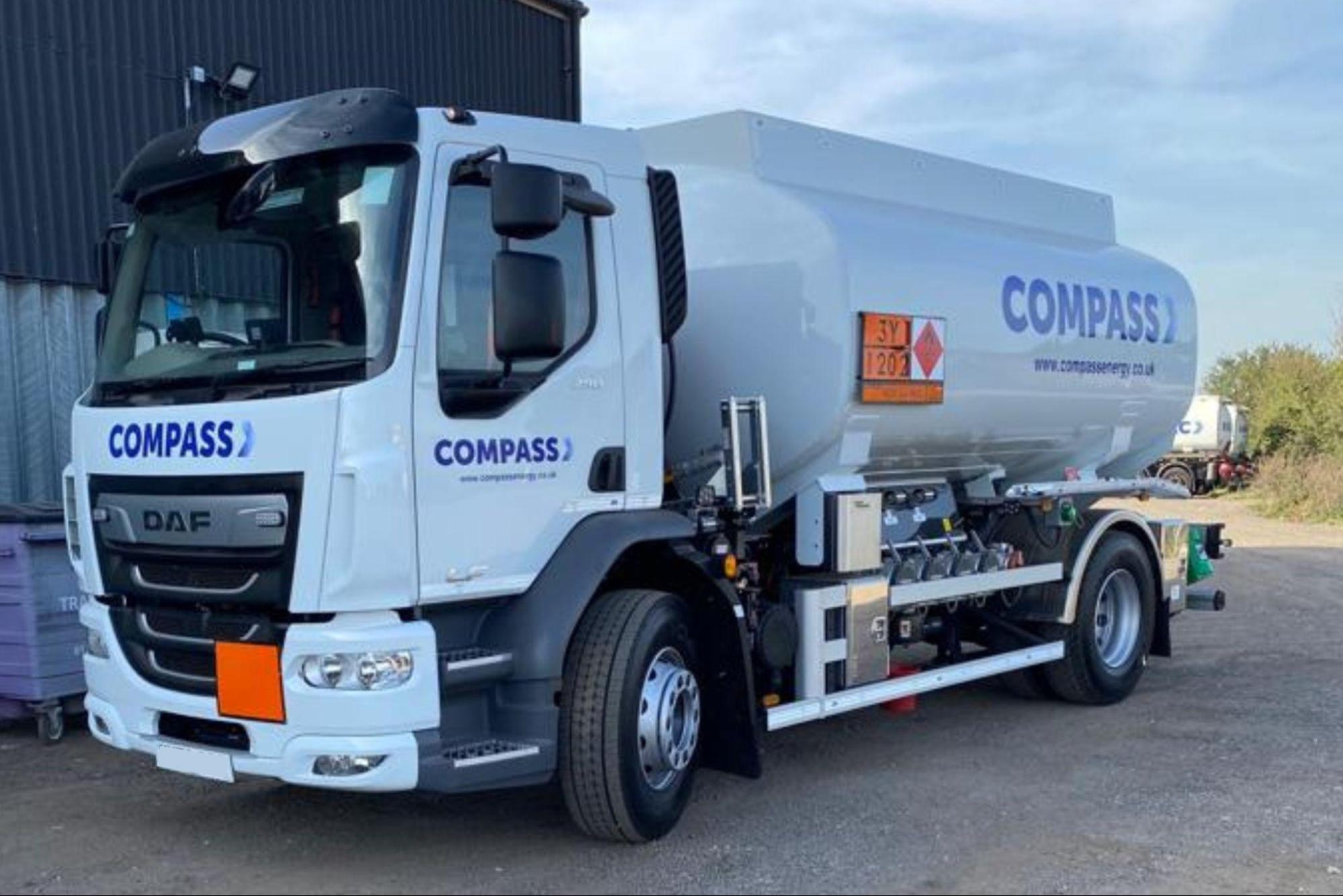Farm Fuel Suppliers: The Engine Behind Efficient Agriculture
Modern farming relies on more than just soil, seed, and sunshine. Behind every successful harvest is a complex system of equipment and logistics powered by fuel. Whether it’s running tractors, harvesters, irrigation systems, or transport vehicles, farms require a steady and reliable fuel supply to keep operations moving. This is where a farm fuel supplier plays a vital role.
Farm fuel suppliers are not just delivery services—they are strategic partners that support the productivity, sustainability, and resilience of agricultural businesses.
What Is a Farm Fuel Supplier?
A farm fuel supplier provides petroleum-based fuels—primarily diesel and gasoline—directly to agricultural operations. These suppliers specialize in meeting the unique needs of farms, including remote delivery access, seasonal demand spikes, and large-volume fuel usage.
The most common fuels supplied include:
- Dyed diesel (off-road diesel) – for farm equipment not driven on public roads
- Clear diesel – for vehicles used both on and off public roads
- Gasoline – for smaller engines, ATVs, and other utility vehicles
- Biodiesel blends – eco-friendly alternatives that reduce carbon emissions
- Propane and heating oil – for greenhouses, barns, or on-farm residences
The Role of Fuel in Farming
Fuel is the lifeblood of farm machinery and operations. From planting to harvest, farmers depend on powerful machines that require consistent and high-quality fuel to run efficiently. Tractors, sprayers, harvesters, irrigation pumps, generators, and transport trucks all rely on fuel to get the job done.
During peak seasons, delays in fuel delivery or quality issues can have serious consequences. Even a single day of downtime during harvest can result in lost crops or missed market windows. A reliable fuel supplier helps minimize that risk by ensuring fuel is always available, clean, and delivered on time.
Key Services Offered by Farm Fuel Suppliers
Modern fuel suppliers do much more than deliver fuel. They provide a suite of services designed to make fuel management easier, safer, and more cost-effective for farmers.
1. Scheduled and On-Demand Fuel Delivery
Suppliers offer flexible delivery options, from regularly scheduled deliveries based on usage forecasts to emergency refueling during critical times.
2. On-Site Fuel Storage Solutions
Many suppliers provide and maintain fuel tanks, pumps, and dispensing equipment. This allows farms to store fuel safely and conveniently on-site.
3. Fuel Monitoring and Automation
Some advanced suppliers offer smart tank monitoring systems that track fuel levels in real-time, automatically notifying the supplier when a refill is needed.
4. Environmental and Safety Compliance
Farm fuel suppliers often assist with regulatory compliance, including EPA regulations, spill prevention, and safe storage practices. This helps farms avoid fines and reduce environmental risks.
5. Technical Support and Equipment Maintenance
Many suppliers offer maintenance services for fuel systems and can provide technical guidance on fuel handling, tank maintenance, and engine efficiency.
Benefits of Partnering with a Farm Fuel Supplier
Operational Efficiency
On-site refueling saves time and labor compared to off-site fuel runs. By streamlining the refueling process, farms can keep machinery operating longer with less downtime.
Cost Control
Bulk fuel purchases and negotiated pricing often result in cost savings. Many suppliers offer price protection plans or fixed-rate contracts to shield farmers from market volatility.
Fuel Quality Assurance
Reputable suppliers ensure that their fuel meets quality standards and is free of water or contaminants that can damage engines.
Customized Service
Because every farm is different, good fuel suppliers tailor their services to each operation’s size, equipment, location, and seasonal needs.
Sustainability Trends in Farm Fuel Supply
With increasing pressure on the agricultural sector to reduce carbon emissions, many farm fuel suppliers are offering biofuels and low-emission alternatives. Biodiesel blends, for example, are being adopted by farms looking to lower their environmental impact without sacrificing performance.
Suppliers also help farmers understand and implement fuel-saving practices, such as engine tuning, efficient route planning, and advanced fuel additives.
Choosing the Right Farm Fuel Supplier
When selecting a fuel supplier, farmers should consider:
- Reliability – Can they deliver fuel when it’s needed most?
- Geographic Coverage – Do they service your location consistently year-round?
- Fuel Quality – Do they test and certify the cleanliness and performance of their fuel?
- Support Services – Do they offer tank monitoring, emergency delivery, or compliance assistance?
- Reputation – What do other local farmers say about their service?
A farm fuel supplier should be more than just a vendor—they should be a trusted partner that contributes to the overall success and sustainability of the operation.
Conclusion
Farm fuel suppliers are an essential part of modern agriculture, powering the machinery and operations that feed the world. By delivering quality fuel, offering reliable service, and supporting fuel management and sustainability, they play a key role in the productivity and resilience of farms. Choosing the right supplier isn’t just a logistical decision—it’s a strategic one that can make a real difference in the efficiency and profitability of your farm.












